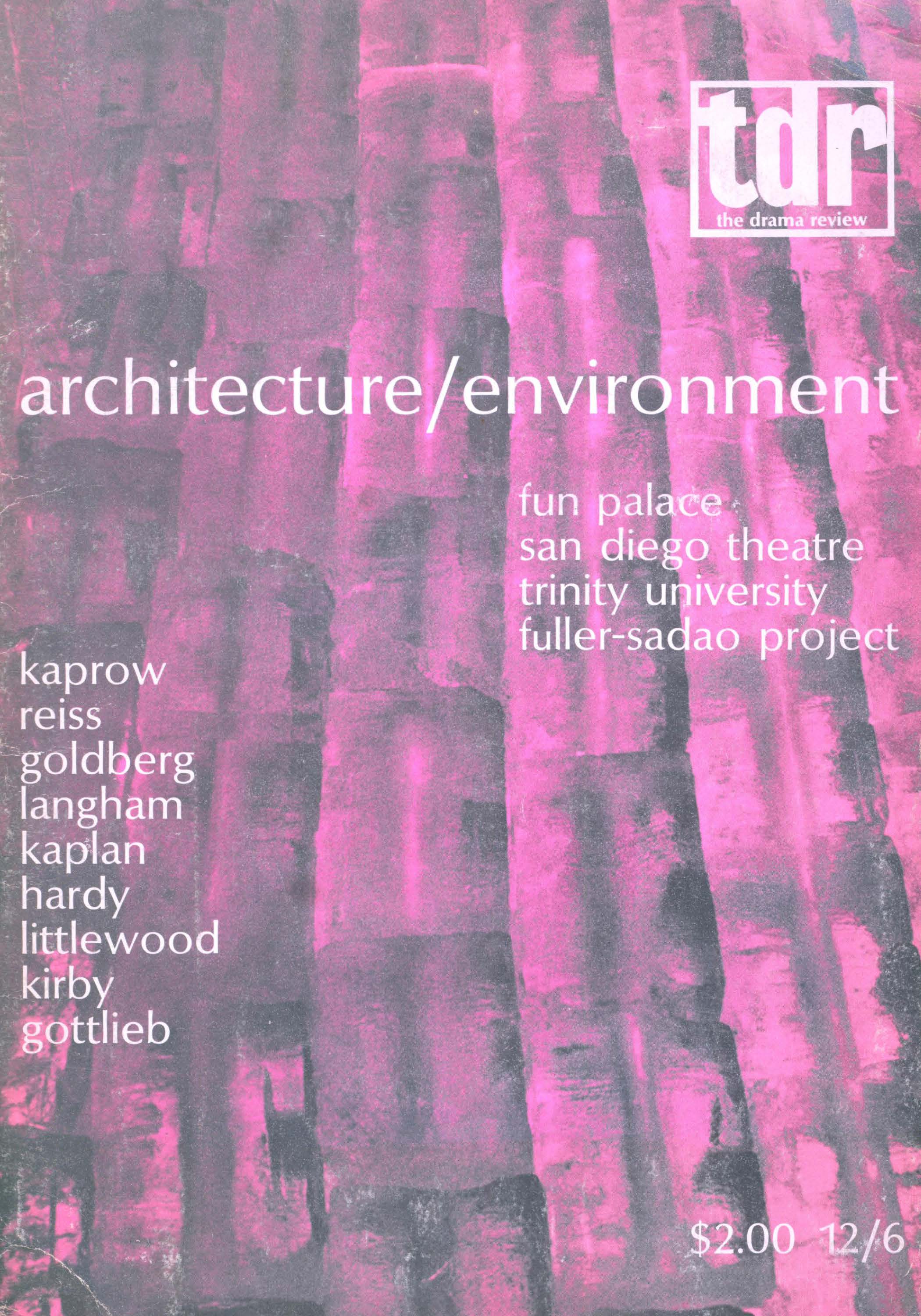Article contents
Extract
The group, rather than the individual, is the typical focus of the alternative society, and this is reflected in the structure of the new theatre organizations, their manner of working, and their theatre pieces. The collective creation of theatre pieces has become the method of conceiving and developing works in the alternative theatre. Society has become increasingly specialized and competitive. This is reflected in an established theatre based on competition and a theatrical method that focuses on individual specialists, such as playwright, director, and star actor. In reaction to the fragmentation of the established society, which for many has become disorienting, the alternative society has sought wholeness. This is evident in many ways, including its focus on group living and group activities, and in its theatre, which is based on the cooperation of a creative collective.
Instead of the two-process method of the traditional theatre—a playwright writing a script in isolation and other artists staging it—the new theatre practices a one-process method, wherein the group itself develops the piece from initial conception to finished performance.
- Type
- Directing
- Information
- Copyright
- Copyright © 1972 The Drama Review
References
* The above drawing is by Giancarlo Nanni of the Space Re(v)action group in Rome. It was done for his production of A is for Alice.
1 Unless otherwise indicated all quotations are from my talks with the people quoted. And most of the material in this article is from my book in progress, The Theatre of The Revolution, to be published by Dial Press.
2 Some of the information on this group was included in my article, “The Theatre of the Cultural Revolution,” Yale French Studies, No. 46 (1971), pp. 167-185.
3 Some of the information on this group was included in my article, “The Theatre of the Cultural Revolution,” Yale French Studies, No. 46 (1971), pp. 167-185.
- 3
- Cited by


